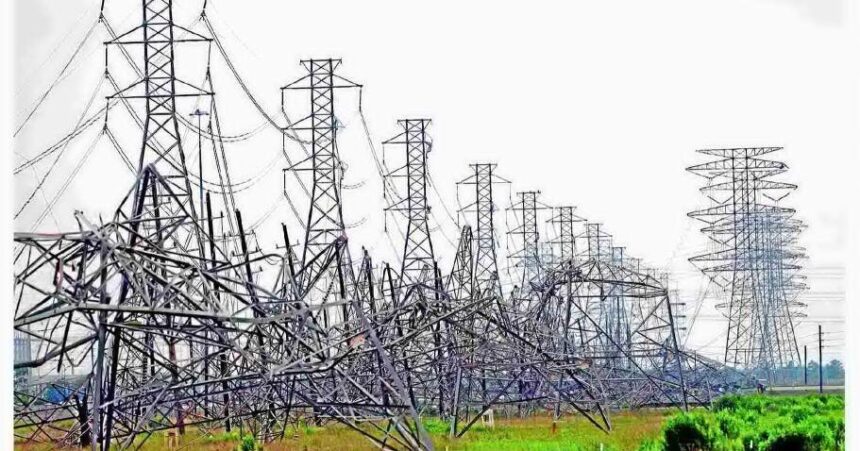Here are tips from emergency response and medical experts on how to stay cool and safe during summer power outages when you can’t use fans or air conditioners.
To prevent overheating, it is important to stay hydrated. If your home has no water during a power outage, make sure to stock up on bottled water.
Avoid exertion and stay out of the sun, especially during the hottest part of the day. When outside, try to stay in the shade.
To help cool off when it’s hot, wetting T-shirts or clothes with water, or regularly spraying your skin with water, can enhance the body’s cooling process, according to Zachary McKenna, a post-doctoral fellow in the department of internal medicine at the University of Texas Southwestern.
People are also reading…
McKenna suggests that these strategies could be especially beneficial for older individuals, as our bodies produce less sweat as we age.
If the temperature inside your home is the same as or warmer than outside, you can open windows to improve airflow. Keep curtains closed if windows receive direct sunlight and open windows at night when temperatures drop to allow cooler air inside.
In the event of a power outage, food in the refrigerator can stay cold for about four hours, while frozen items can remain cold for up to two days, as per the Federal Emergency Management Agency (FEMA).
Food should be transferred to a cooler with enough ice and cold packs to maintain a temperature below 40 degrees Fahrenheit, according to the U.S. Department of Agriculture. Add ice as it melts.
If perishable food has been exposed to temperatures over 40 degrees for an extended period, it should be disposed of to avoid food poisoning, states FEMA. Discard any food in the fridge that has an unusual odor, texture, or color.
Stock up on nonperishable foods, like canned goods, that do not need refrigeration. When cooking with camp stoves or charcoal barbecues, ensure they are used outside and at least 20 feet away from windows, advises FEMA.
For charging phones and devices, limit calls, texts, and app usage to preserve the battery. Dim the display brightness, use low-power mode, or turn off the phone to save power. Solar-powered chargers are available for purchase to charge devices.
You can also charge your phone in your car, but always run the car outside to prevent carbon monoxide poisoning, warns FEMA. Generators can serve as backup power sources during outages, but it is crucial to operate them safely.
Set up generators outdoors, at least 20 feet away from windows, doors, and garages, and install battery-powered carbon monoxide alarms inside your home to prevent poisoning, according to FEMA. Keep generators dry and protected, and let them cool down before refueling.
Use heavy-duty extension cords to connect appliances to generators. Caution is advised when connecting a generator to a home power source to avoid dangerous electrical surges, which can be fatal, states FEMA.
It is recommended to unplug electronics in your home to prevent damage from power surges. Use battery-powered flashlights instead of candles for lighting to reduce fire hazards.
Remember to check on older individuals and those with disabilities or living alone, and ensure they have someone to help them if needed, advises McKenna.





